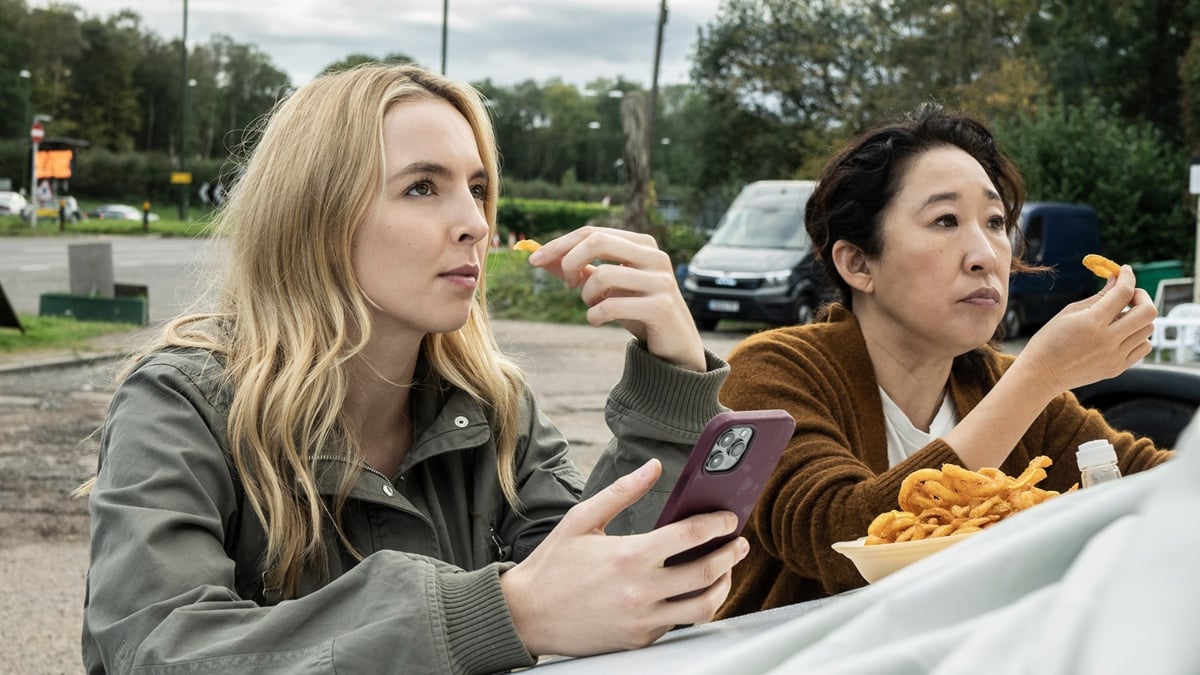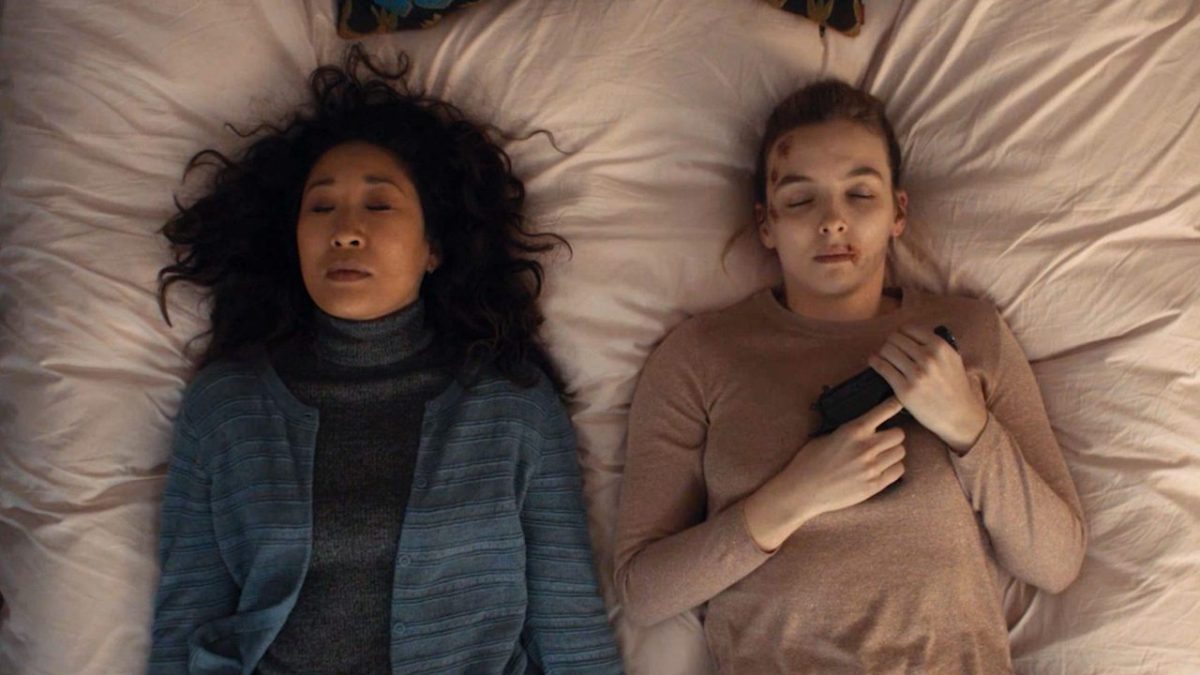One of the most intriguing aspects surrounding thriller-drama Killing Eve was its ability to capture viewers’ attention by focusing on the eyebrow-raising dynamic between skilled assassin Villanelle and MI6 operative Eve Polastri.
The minute eagle-eyed supporters tuned in to the show’s pilot episode, fans were immediately fixated on the ever-building relationship between Villanelle and Eve. Over the course of the show, the dynamic between the two main characters slowly transformed from a warped obsession into an undeniable love shared together. From there, ratings simply blossomed as a large portion of the LGBTQ+ community were drawn to the series for its scintillating characters, action-packed narrative, and undoubtedly queer storyline that made plenty of community members feel seen.
Throughout its four seasons, the BBC America project received a hefty amount of equal admiration and disgust — the latter occurring mainly during the show’s final season. Either way, let’s dive in and explore the queer themes in Killing Eve.
So, is Killing Eve gay?

Without a doubt, Killing Eve is undoubtedly a gay series on the surface level, but its fourth season has certainly tarnished its reputation after the tiresome Bury Your Gays trope was showcased — irritating passionate supporters all around the world. For those that aren’t aware, Bury Your Gays unfortunately has become a long-standing trope amongst entertainment media — where particular queer characters meet a tragic demise. From series such as Buffy the Vampire Slayer to The 100 to House of Cards, the Bury Your Gays trope has become all-too-familiar amongst the LGBTQ+ community — and truthfully, it needs to stop.
Despite the dissatisfying trope, Killing Eve definitely catered to the gay community in its early stages, and those with a strong attachment to the series will faithfully return to the iconic moment where Villanelle and Eve finally share a true, passionate kiss, and embracing their undying love for each other in the process.

